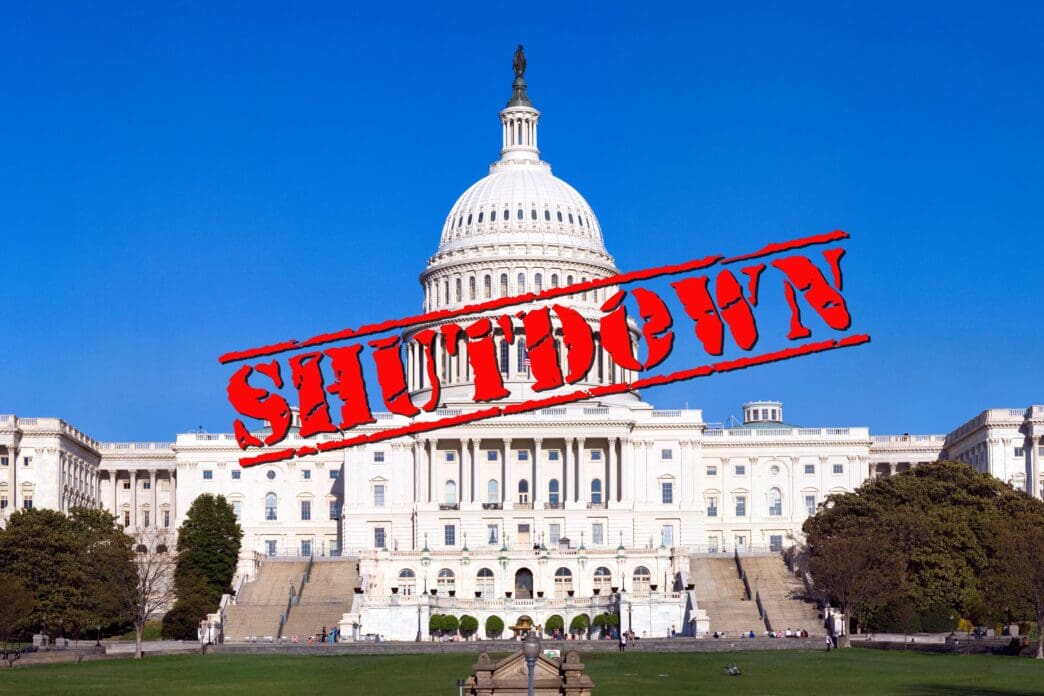Executive Summary
The Story So Far
Why This Matters
Who Thinks What?
Congressional Republicans are expressing growing frustration over a perceived lack of communication from the Trump administration regarding significant decisions made during the ongoing government shutdown. Lawmakers report being left in the dark about federal worker layoffs and the cancellation of federal contracts, often learning about these actions only after they have been publicly announced, impacting their constituents and districts.
Communication Breakdown on Capitol Hill
As the shutdown continues, the Trump administration has moved to cancel nearly $8 billion in energy projects nationwide and has laid off over 4,000 federal employees. While initial cuts largely targeted Democratic priorities, some Republican lawmakers are now finding their districts affected without prior consultation.
Representative Mark Amodei, a Republican from Nevada, stated he learned of $202 million worth of battery recycling project cancellations in his district via a press release. Amodei described the situation bluntly, telling CNN, “The communications culture sucks.” He recounted having to inform constituents that he, as their representative, had the “least amount of information” on such decisions.
Amodei noted that the cancellation plan was not discussed in a recent conversation with Energy Secretary Chris Wright, who later indicated that such decisions had been made “over the last few months.” Amodei also cited a previous $95 million goldmines project cancellation in his district over the summer, which he similarly learned about post-announcement.
A spokesperson for the Energy Department countered, stating that “Multiple members of Rep. Amodei’s office were notified about both projects referenced” and affirmed the department’s review aligns with President Trump’s mandate for “affordable, reliable and secure energy.” Amodei’s office, however, clarified that notification occurred on the same day the affected company was informed.
White House and Leadership Stance
Senior White House officials have maintained close contact with House Speaker Mike Johnson and Senate Majority Leader John Thune, largely entrusting them with managing communications and addressing potential dissent within the Republican conference. A spokesperson for Speaker Johnson’s office affirmed, “The Trump Administration has been completely transparent and communicative with Congress about the actions they need to take to preserve the continuity of government operations during the Democrat Shutdown.”
A White House official also stated that the administration “has been very communicative with Hill Republicans about shutdown-related actions,” citing this as a reason for the “lockstep” alignment between the White House, Thune, and Johnson on priorities.
However, many rank-and-file Republicans describe a different reality. Senate Appropriations Committee Chair Susan Collins expressed that the committee “should get more information” and receive lists of canceled contracts and specifics on employee layoffs, noting that while she sometimes receives a call “right before” an announcement, they are “not really consulted.”
Broadening Executive Authority
The administration’s assertive actions during the shutdown reflect a broader perspective within the White House that Congress primarily serves to facilitate President Trump’s agenda, rather than act as an equal partner. Since the start of his second term, Trump has increasingly consolidated key authorities, including conducting a major bombing campaign in Iran and lethal strikes in the Caribbean without explicit congressional authorization, and unilaterally withholding billions in appropriated funds.
Despite some discontent, most Republicans on Capitol Hill have remained largely deferential to the administration, which has emboldened President Trump to continue with such moves. Senate Majority Leader John Thune has defended the layoffs, describing them as decisions “forced on” the administration by Senate Democrats.
White House budget chief Russell Vought has indicated that firings across the government could ultimately exceed 10,000 people, stating, “We’re going to keep those RIFs rolling.” Energy Secretary Chris Wright also suggested that more funding cuts would likely extend to red states as the shutdown progresses.
Congressional Awareness Gaps
Even Speaker Johnson has demonstrated a lack of immediate knowledge on certain administration decisions. On Wednesday, Johnson told CNN he had not received details regarding a potential $20 billion lifeline offered by the Trump administration to Argentina, stating he was “waiting to get an update on it.”
Other Republican lawmakers echoed the sentiment of being uninformed. Representative Mariannette Miller-Meeks of Iowa noted, “they don’t give us information ahead, but if we request information, they’ve been willing to provide that information for us.” Senator Shelley Moore Capito of West Virginia confirmed she is “no” longer part of the decision-making process for federal cuts or layoffs in her state, and Senator Joni Ernst of Iowa stated she is “not in the decision-making process” but “just asking for information and transparency.”
The communication challenges are exacerbated by the furlough of many federal workers, making it difficult for agencies to respond to lawmaker inquiries. Senator Lisa Murkowski of Alaska highlighted this issue, noting, “You’re trying to get answers from the agency and people aren’t answering the phones because they’ve been furloughed — that doesn’t help us.”
Outlook
Despite the expressed frustrations, many Republicans remain hesitant to openly criticize President Trump, with former House Speaker Newt Gingrich suggesting that the House not returning to session helps “minimize the ability of members to come back and complain too much.” As the shutdown persists and the administration signals further cuts, the communication disconnect between the White House and many congressional Republicans appears likely to continue.








